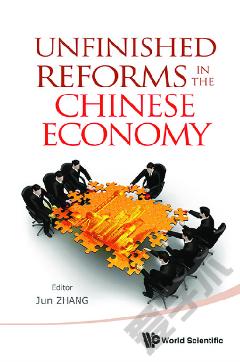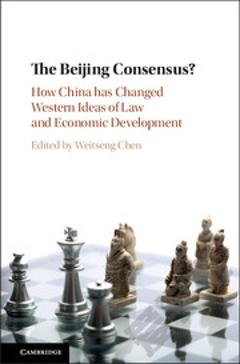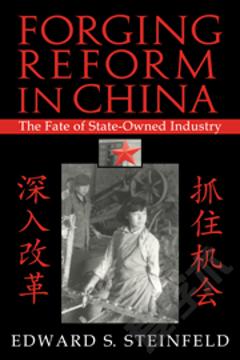Narratives Of Chinese Economic Reforms: How Does China Cross The River?
Rapid growth in the Chinese economy over the past three decades poses puzzles and challenges to neo-classical economic theory, as policies implemented during the reform process were often unorthodox. Although the Chinese experience has been widely studied, myths and questions about these reforms remain. To fill in the knowledge gap, and to inform a process of learning from China's development successes, this book features a series of case studies on the policy process of different initiatives, including rural industrialization, dual-track price reform, migration policy, village elections and fiscal reform. Uniquely, many of the authors of the case studies were deeply involved in these reforms, either through direct policymaking or through providing analytical and technical support that led to these policy changes. They provide a first-hand account of how the political processes occurred, how social and political entrepreneurs shaped the choices and sequences of various reforms, and how the rigidities and sometimes erroneous beliefs were overcome.
{{comment.content}}








 京公网安备 11010802027623号
京公网安备 11010802027623号